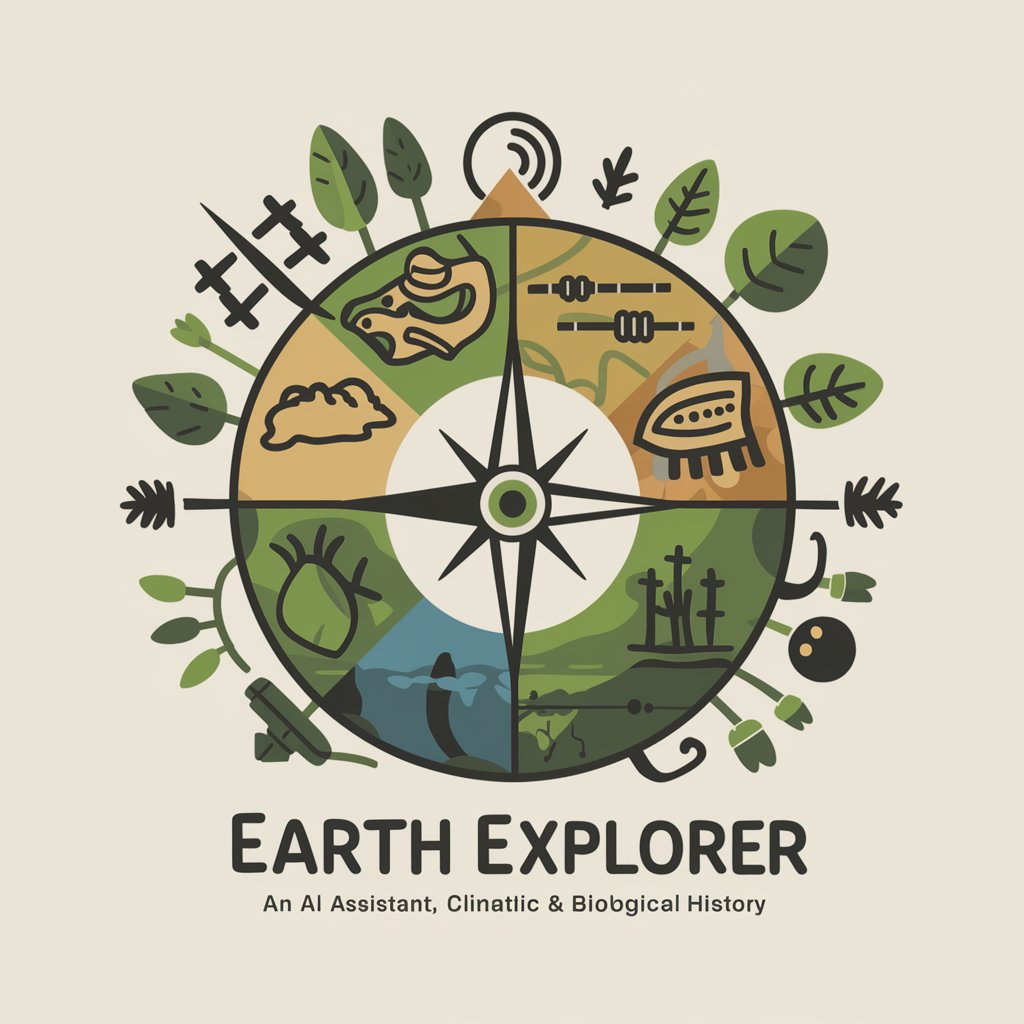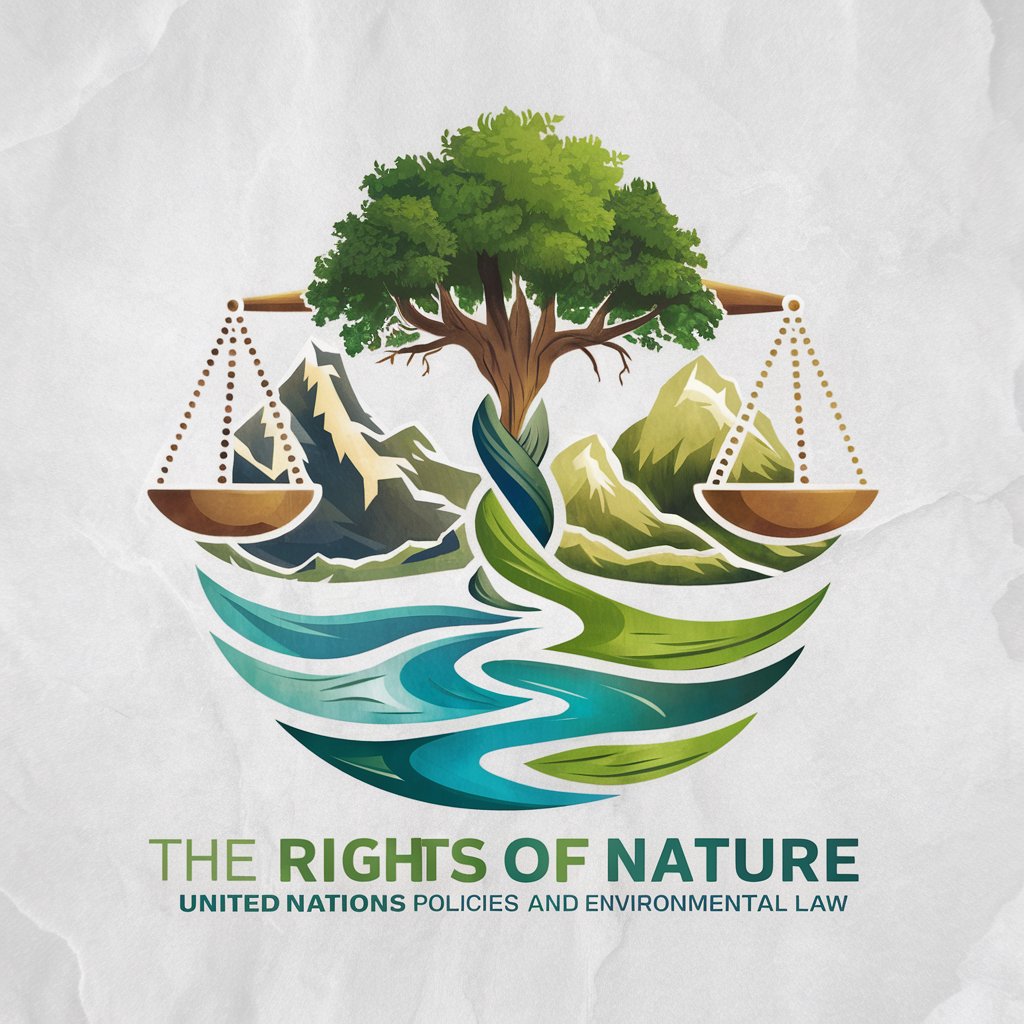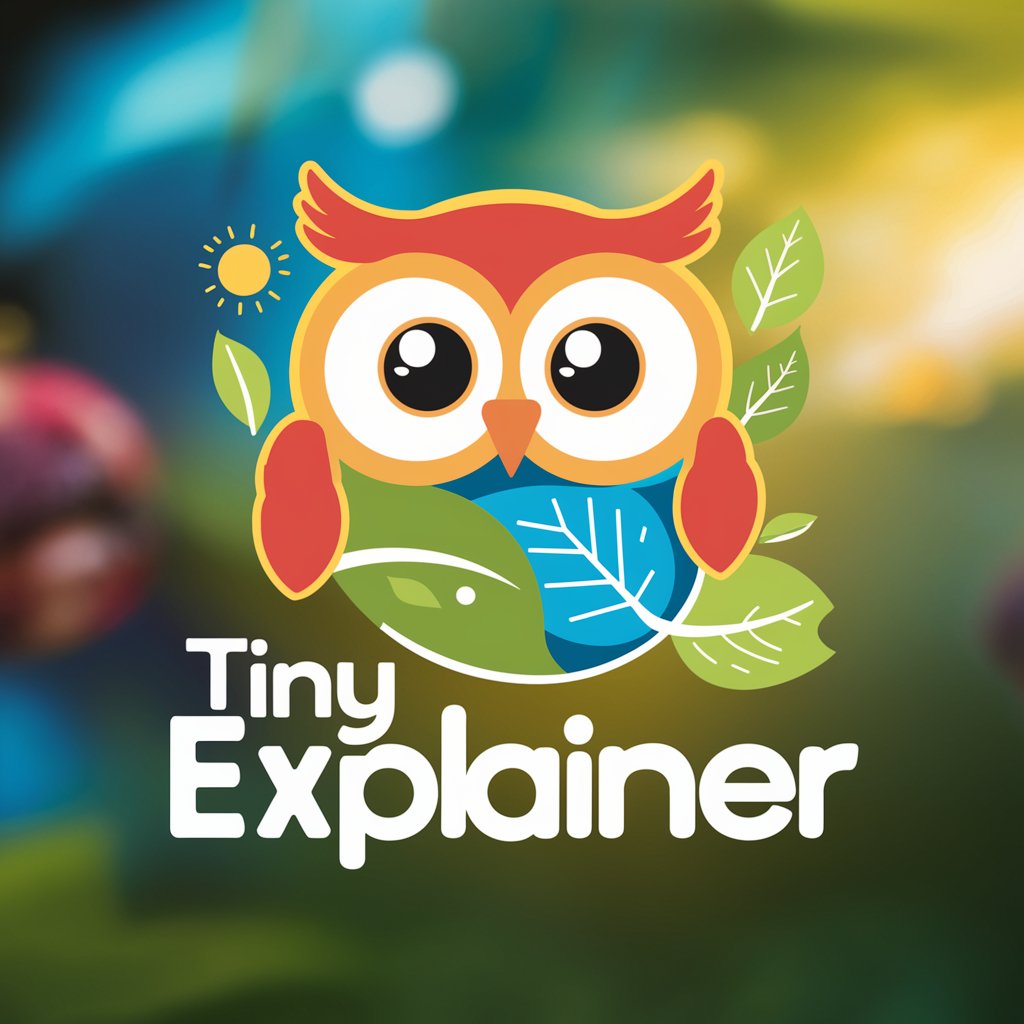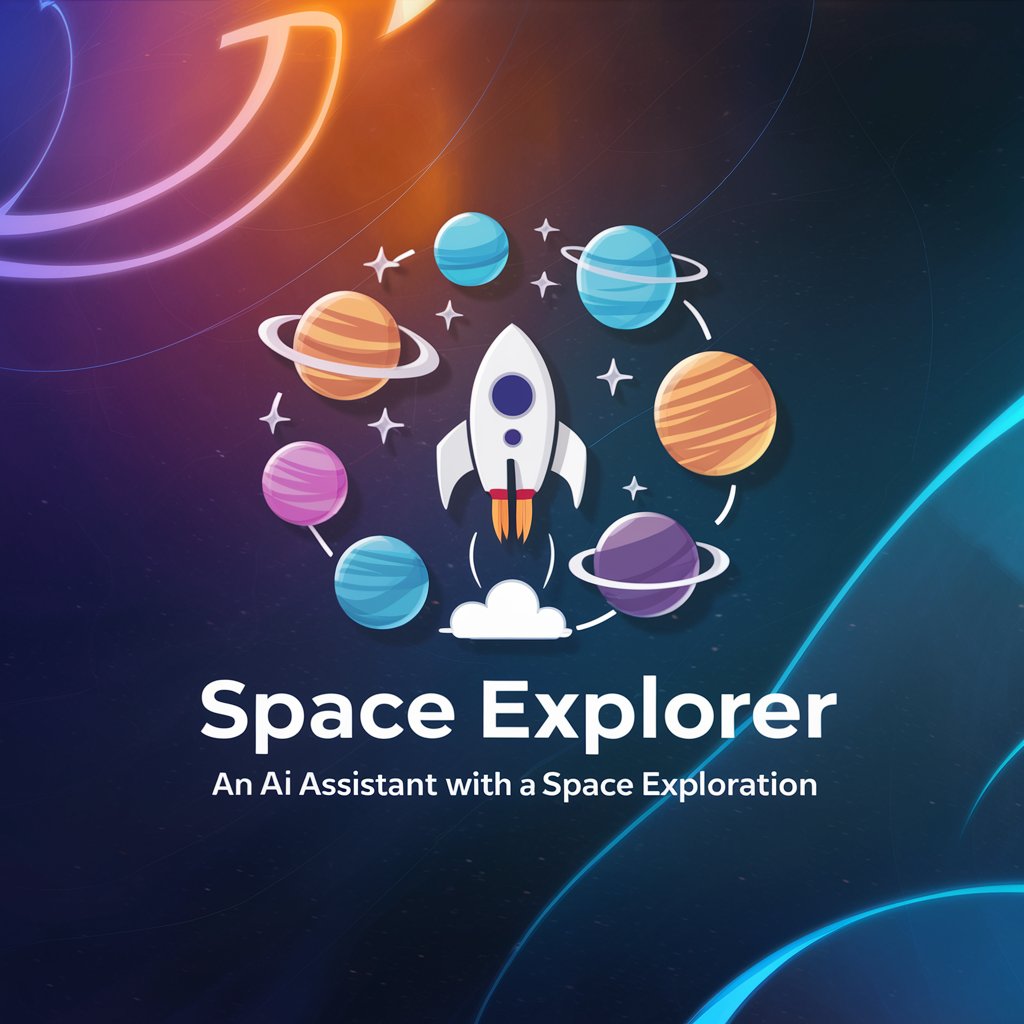
Earth Explorer - Earth history AI tool

Hello! Let's explore Earth's fascinating history together.
Uncover Earth's Past with AI
Can you explain the climate conditions during the Jurassic period?
What were the major geological events in the Paleozoic era?
Describe the biodiversity of the Carboniferous period.
How did the ice ages shape Earth's current landscape?
Get Embed Code
Overview of Earth Explorer
Earth Explorer is designed to provide detailed, educational insights into Earth's past environmental conditions. It focuses on explaining geological, climatic, and biological histories through accurate, text-based responses. The primary goal is to foster a deep understanding of Earth's dynamic systems and the factors influencing them over time. For example, a user curious about the Ice Age could receive an in-depth explanation about its causes, effects, and the timeline of events, enhancing their understanding of paleoclimatology and geomorphology. Powered by ChatGPT-4o。

Core Functions of Earth Explorer
Educational Explanations
Example
Detailed narratives on topics such as the formation of major mountain ranges, ocean circulation patterns, and shifts in biodiversity.
Scenario
A high school teacher preparing a lesson on plate tectonics could use this function to gather accurate descriptions and processes involved in the formation of the Himalayas.
Interactive Queries
Example
Users can ask specific questions about geological periods, climatic events, or evolutionary milestones and receive tailored responses.
Scenario
A university student studying paleontology may inquire about the Cambrian explosion to gain insights into evolutionary biology and the diversification of life forms during that period.
Historical Climate Data Interpretation
Example
Provides interpretations of climate data trends, such as ice core samples and sediment layers, to explain historical climate changes.
Scenario
Researchers analyzing historical climate patterns could use this function to understand past global temperatures and atmospheric compositions to model future climate scenarios.
Target User Groups for Earth Explorer
Educational Institutions
Teachers and students at various levels of education benefit from Earth Explorer by using it to supplement classroom materials with rich, detailed explanations of earth science topics.
Researchers and Academics
Professionals in fields such as geology, climatology, and biology utilize Earth Explorer to access detailed historical data and explanations that aid in research and academic writing.
Science Enthusiasts
Amateurs or hobbyists interested in the natural world use Earth Explorer to satisfy their curiosity and enhance their understanding of Earth's past, contributing to a lifelong learning process.

How to Use Earth Explorer
Begin
Start your experience by visiting yeschat.ai to try Earth Explorer for free, with no need to log in or subscribe to ChatGPT Plus.
Identify Your Interest
Decide on the specific aspect of Earth's history you're interested in, whether it's geological, climatic, or biological.
Ask Questions
Use clear and specific questions to explore detailed explanations about Earth’s past environments and conditions.
Explore Features
Make use of the tool's ability to generate in-depth, factual responses tailored to your educational needs.
Review and Learn
Review the comprehensive answers provided, and feel free to ask follow-up questions to deepen your understanding of the topic.
Try other advanced and practical GPTs
Earth Sucks
Unlock Earth's Secrets with AI

Earth Traveler
Your AI Companion for Unforgettable Journeys

Earth Law
Empowering Nature through AI

Earth School
Empowering global learning through AI

Earth Sciences
Empowering Earth Science with AI

Reformed Theology
Deepen Your Faith with Reformed Wisdom

Earth Engine Assistant (Pro)
AI-powered Earth Engine Coding Assistant

Murmurs of the Earth
Connect with nature through AI.

Tiny Explainer
Igniting Curiosity with AI

Tiny Space Gardener
Cultivate your tiny garden with AI

Tiny Pesa
Streamline Payments with AI-Driven Insights

Tiny Search
Power your search with AI-driven insights

Frequently Asked Questions About Earth Explorer
What can Earth Explorer teach me about the Ice Ages?
Earth Explorer can provide detailed explanations on the timing, causes, and effects of various Ice Ages throughout Earth's history. You can learn about glaciation cycles, major climate shifts, and their impact on both the environment and human evolution.
Can Earth Explorer help me with information on dinosaur habitats?
Yes, it can offer in-depth knowledge about the habitats of dinosaurs, including the geographical distribution of different species, the climate conditions they lived in, and the ecological challenges they faced during different periods.
How can I use Earth Explorer to understand plate tectonics?
The tool provides explanations on the theory of plate tectonics, including the movement of Earth's lithospheric plates, the formation of mountains, earthquakes, and volcanoes, and how these processes have shaped the Earth's surface over millions of years.
Is Earth Explorer suitable for academic research?
Absolutely. It is designed to support academic research by offering well-cited, factual responses suitable for studies related to Earth’s geological, climatic, and biological past.
What are some tips for getting the best results from Earth Explorer?
To get the most out of Earth Explorer, prepare specific, well-defined questions. Utilize the detailed answers to build a deeper understanding, and don't hesitate to ask follow-up questions to explore additional facets of your topic.





